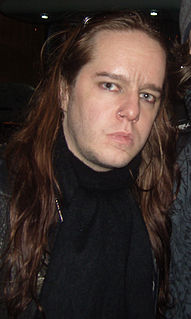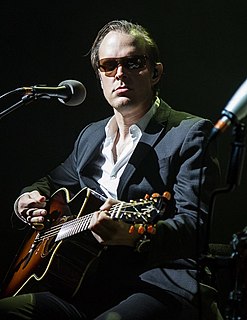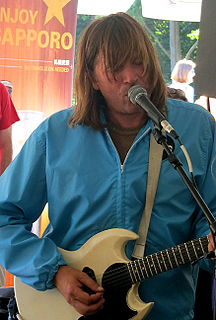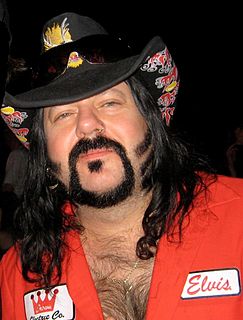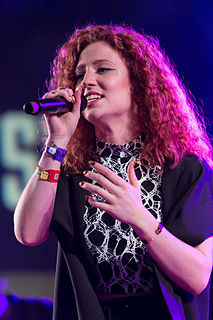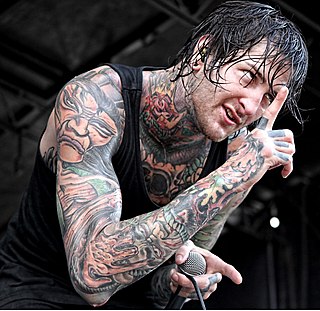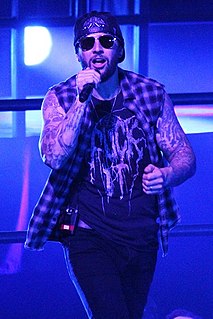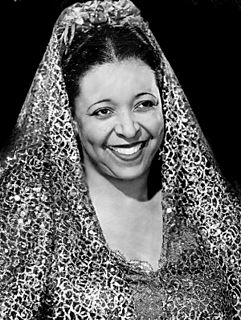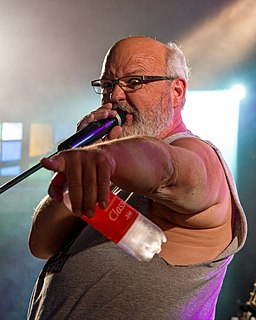A Quote by Joey Jordison
I sleep music. I wake up, and there's a riff in my head. Every step I take, there's a riff, a beat, or something.
Related Quotes
Joyous Sound evolved from a gospel influence. Actually it evolved out of sitting at a piano and just picking out a riff, a gospel type riff. It just seemed to come joyously-something about the song, about living in another place of joyous sounds. I'm not quite sure-that's one I'm trying to analyze. It just came out.
